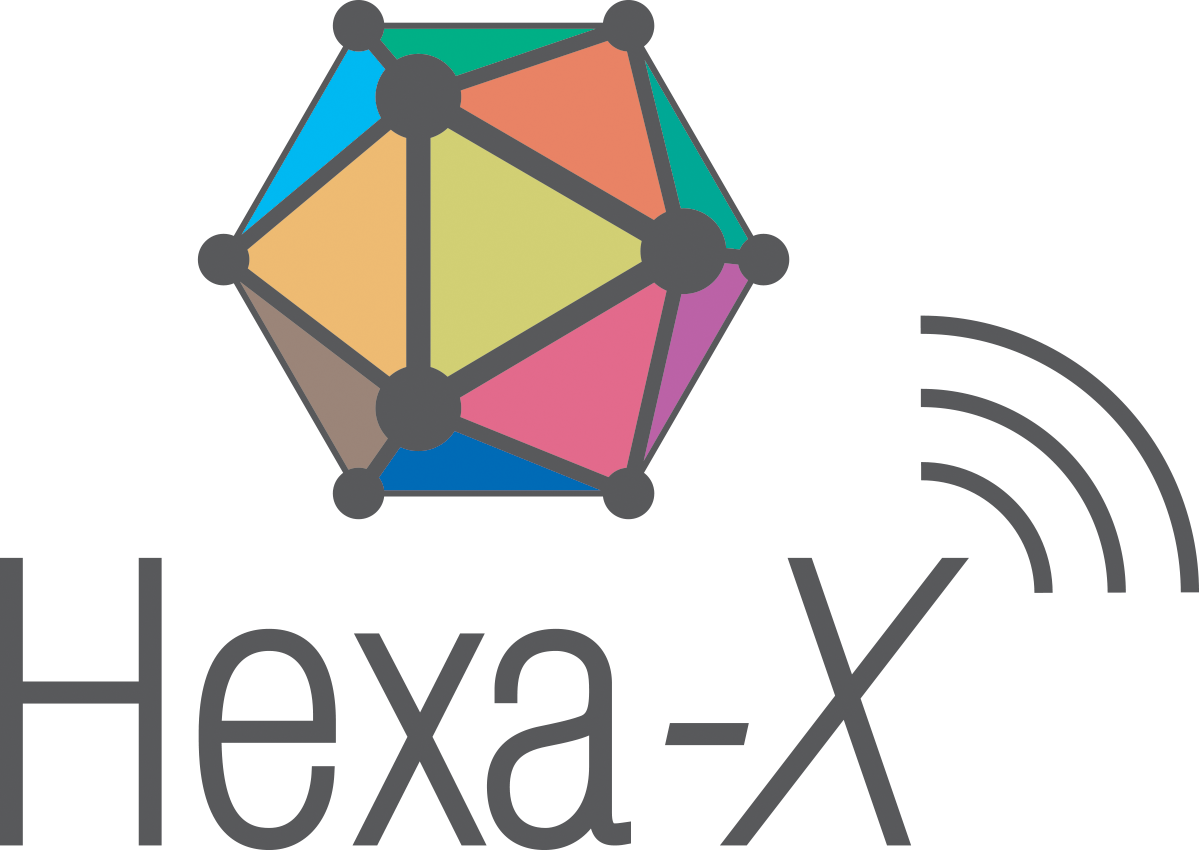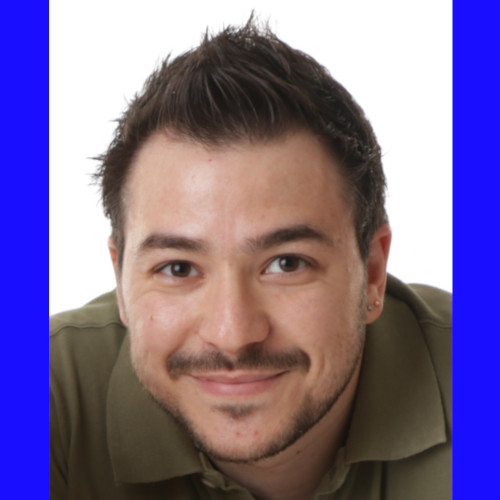Committees
Publicity Chair
Carlo Puliafito - University of Pisa, ItalyTechnical Program Committee
Paolo Bellavista - University of Bologna, ItalyLuiz Bittencourt - University of Campinas, Brazil
Claudia Campolo - University Mediterranea of Reggio Calabria, Italy
Valeria Cardellini - University of Rome Tor Vergata, Italy
Pietro Cassarà - CNR, Italy
Tommaso Fedullo - University of Padova, Italy
Anna Forster - University of Bremen, Germany
Alberto Gotta - CNR, Italy
Francesco Lo Presti - University of Roma Tor Vergata, Italy
Filippo Malandra - University at Buffalo, USA
Francesco Malandrino - National Research Council, Italy
Enzo Mingozzi - University of Pisa, Italy
Antonella Molinaro - University Mediterranea of Reggio Calabria, Italy
Federico Montori - University of Bologna, Italy
Symeon Papavassiliou - National Technical University of Athens, Greece
Omer Rana - Cardiff University, UK
Benjamin Sliwa - TU Dortmund, Germany
Ramona Trestian - Middlesex University, London, UK
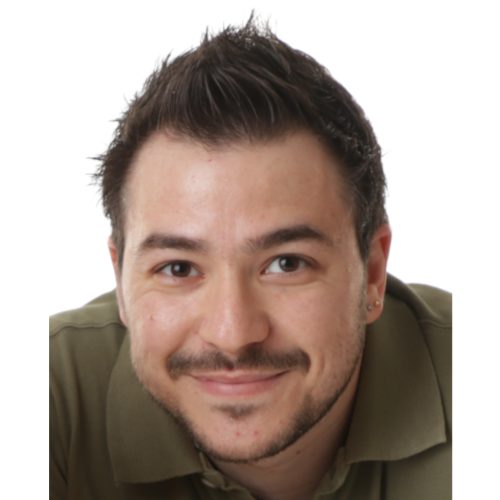
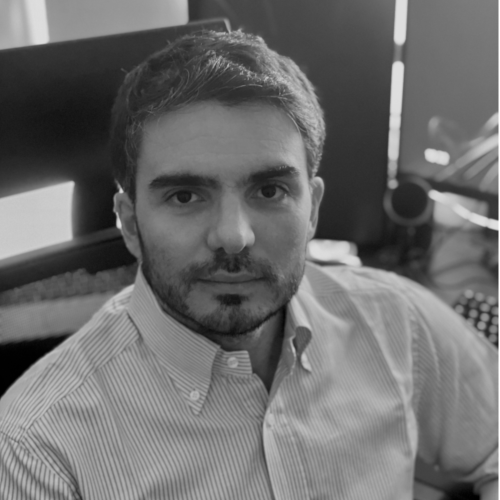
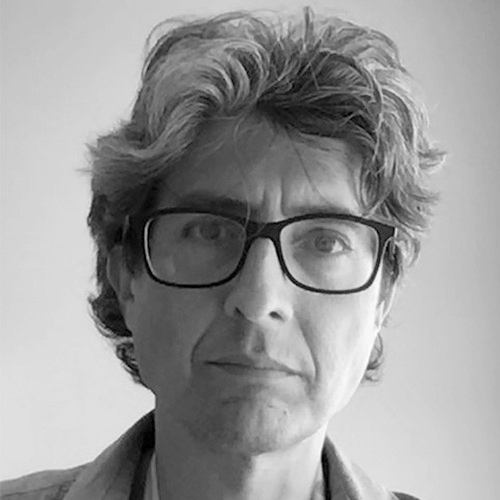
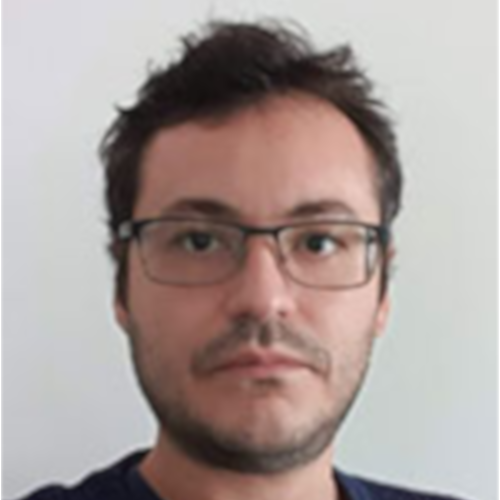
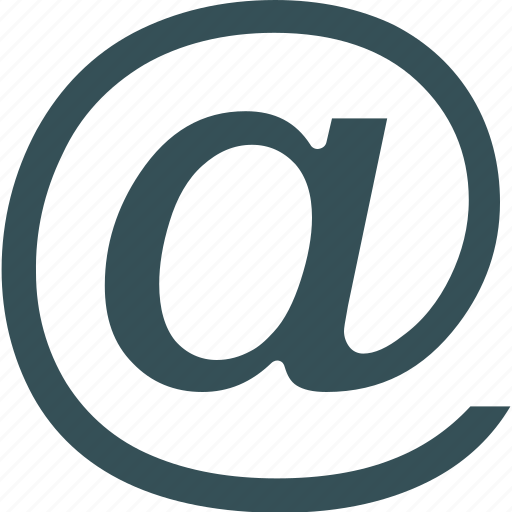 gmail.com
gmail.com
